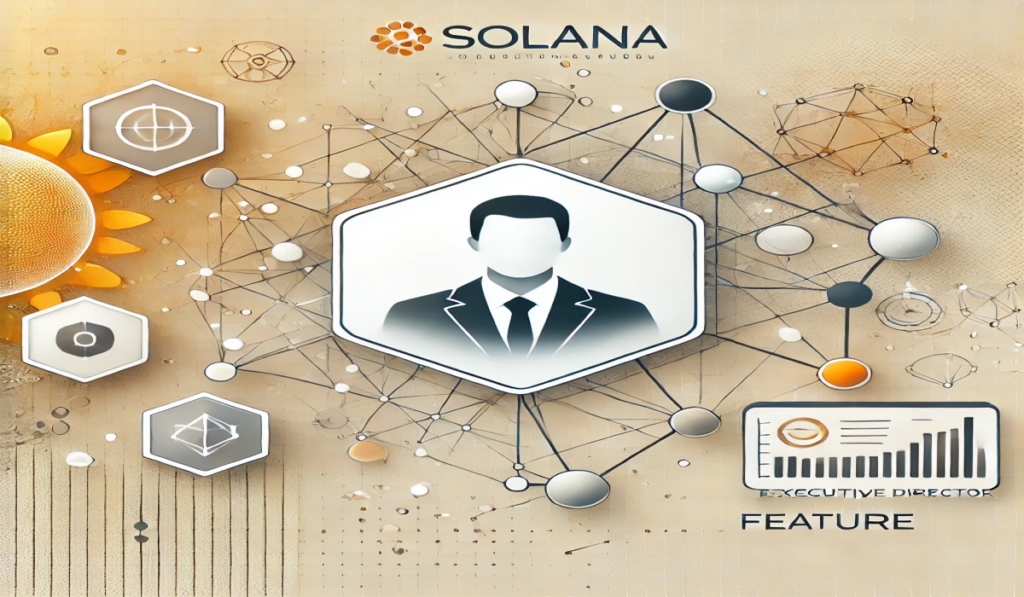
In response to recent accusations of centralization, the Solana Foundation’s executive director, Dan Albert, has defended the network’s decentralization at a roundtable discussion at Korea Blockchain Week 2024. This follows an incident in August where Solana validators coordinated a patch in response to a critical network vulnerability, which prompted queries regarding the decentralized nature of the network.
Solana validator Laine had discovered a critical vulnerability that could have disrupted the network. To prevent an attacker from identifying and exploiting the vulnerability, the validators coordinated the implementation of the security patch silently. However, this drew criticism and doubts about the decentralization of Solana’s network.
Addressing the controversy at the event, Albert explained that coordinating a patch doesn’t necessarily equate to network centralization. He emphasized that Solana is a decentralized network with around 1,500 block-producing nodes globally, each operated by unique entities, thus the network doesn’t lose its decentralized attribute due to coordinated patch fixes.
Describing the coordination for the patch, Albert mentioned that it happened among node operators who are active community and ecosystem participants. Furthermore, each operator independently determines the software they run, and the patch was open-source, maintaining Solana’s commitment to transparency.
The network’s decentralization has been questioned before. In 2022, some community members claimed that the network was at risk of centralization, comparing it to conventional systems where only a few entities exert overarching control. Opposing this, Unstoppable Finance, a decentralized finance (DeFi) firm on the Solana network, argued that the blockchain’s validator count exceeds other networks, rendering it more decentralized than commonly perceived.